A question of importance
There’s a strange question that I think a lot of artists struggle with, and that question is one of importance. We’re all looking to create something that feels relevant, something that will create a buzz, or a wave, through the work that we create and the way it impacts an audience. Perhaps it comes down to the incredible egos of theatre-makers, that we want to be able to say what we dedicate our lives to something that is meaningful, that we can dodge the stigma of the ‘washed-up artist’ creating in-accessible performance that can only be enjoyed by those tapped into their 17th layer of consciousness. Let’s be real, it almost definitely comes down to that. We’re so used to being told that what we do is ineffectual that we can get wrapped up in forcing a feeling of superiority. Our work is important because we say it is, because we believe that it moves an audience it is therefore relevant and engaging. Now, of course, this all gets proven correct or incorrect the moment the seats actually fill with members of the public. It’s made crystal clear by the looks on their faces as they walk out. That quandary, the constant desire to make work that is important but the knowledge that the people who make it important are the public (who we have no control over), is something that so many artists grapple with, and will likely grapple with for the majority of their careers. Every so often, though, you get the chance to work on a project that is absolutely, unequivocally important.
That’s what this post will focus around. Anyone that’s been keeping an eye on our social media will have seen our recent posts, documenting our involvement in a brand new community festival, led by the team at Welsh charity Well-Fed. Well-Fed is a collaboration between Flintshire County Council, ClwydAlyn housing association, and Can Cook, a social business. Their mission? Provide an affordable and accessible alternative to food banks for those dealing with food poverty, that prioritises healthy and good quality meals. It has been working across Flintshire since 2018, and has done some incredible work with the vulnerable communities there, supporting them both long and short term. We were originally commissioned to work with them on a full-length play that would have been performed at Theatr Clwyd in the September of this year, but plans changed as workload evolved and timelines became more realistic. The full show ended up being pushed back and the performance was adapted to work for their community festival. What didn’t change was its focus and drive: to educate and raise awareness of the issues faced by those in food poverty and incentivise the general public to assist. In essence, to create work that is absolutely, unequivocally important.
It’s hard to put into words how this project has shifted Haywire. It’s given us a focus, a direction, that we didn’t possess before and likely wouldn’t have discovered otherwise. Political theatre, or performance with an overt political/social purpose, wasn’t something we’d ever considered before because, I’m not too proud to admit, it wasn’t at the forefront of our minds. We had experience in it, but were also incredibly aware that it’s a tricky and complicated angle for a company to take, and anything less than full conviction to it will read as apathetic. And while we’d pushed for diversity within the work that we’d created, we didn’t have the influence or the resources to do a full performance justice. That, in essence, is why this project has shifted our focus so much. There’s a wealth of insight that we could never have got our hands on otherwise, without which we would never have been able to create powerful work. Socially and politically driven performance is nothing without experience to work off of, and accessing the communities with those experiences can be incredibly difficult without the connections needed to build trust and begin communication. With this project we were essentially presented with the best of both worlds: a charity already empowered by the work they’d done with vulnerable communities, and an arts partnership that allowed us to take that work and reimagine it on the stage. Our focus for Haywire has always been the ‘theatrical everyday’, on documenting the lives of everyday people and using performance to empower them further. This project with Well-Fed feels like the best possible continuation of this, in theory nothing has changed, but the weight of what we’re working on has increased astronomically. That is not to say that the work we were doing before is unimportant, or that those not facing social disadvantage do not deserve to see themselves reflected onstage. It simply means that this kind of performance has responsibility. It sheds light on the lives and realities of those hidden from the general public, and who have likely been hidden because mainstream consciousness deems their circumstance unworthy of attention. Poverty, as a subject, is controversial. Everybody has an opinion on it and those opinions can often be incredibly polarising (as well as incredibly political). Add in the human element, remind people that poverty isn’t just a subject for debate and is, for many, an everyday experience, and what is already controversial becomes even messier. In short, too much of a mixed bag and too big a task to be tackled by lots of artists and creators effectively and so is often not tackled at all.
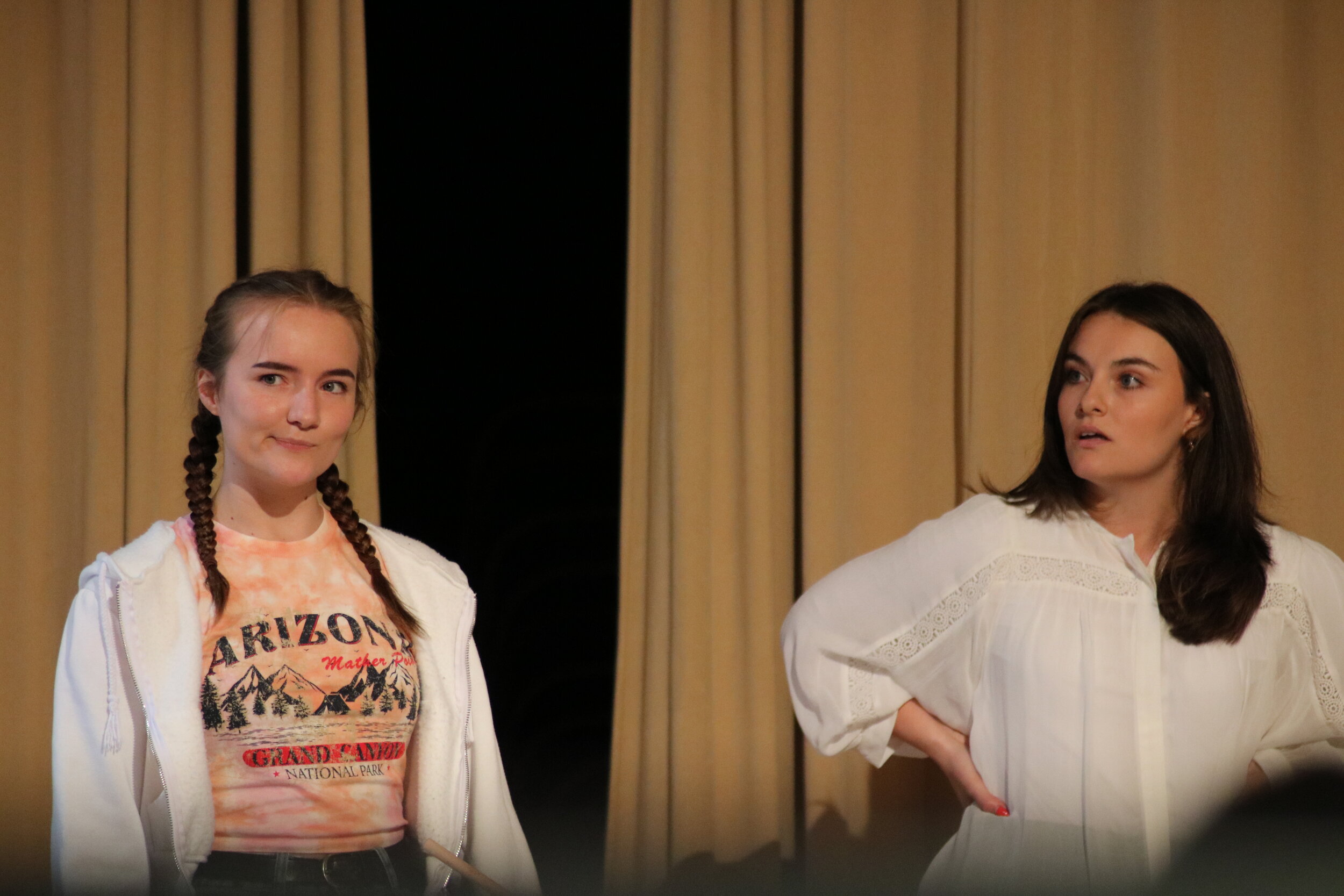
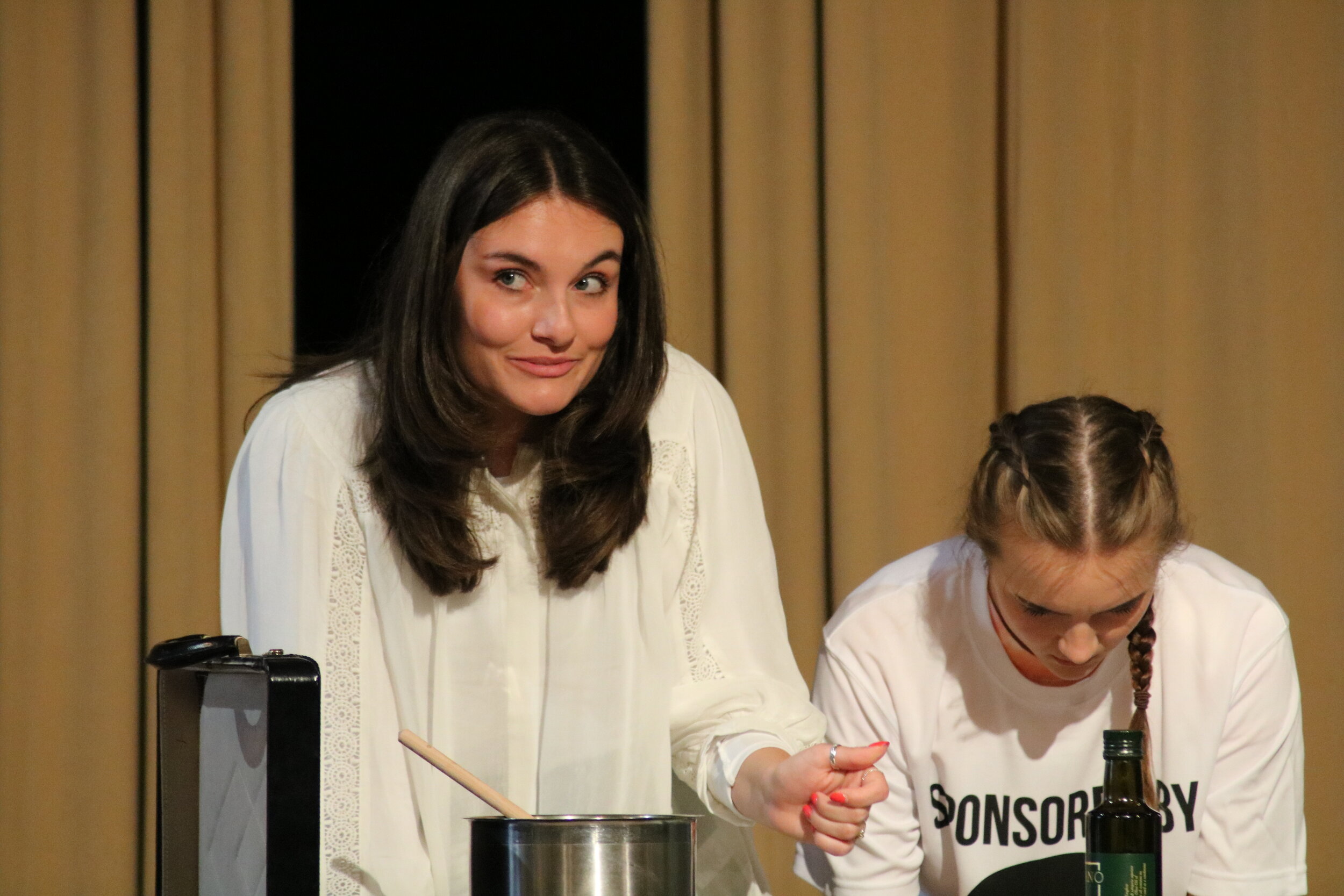
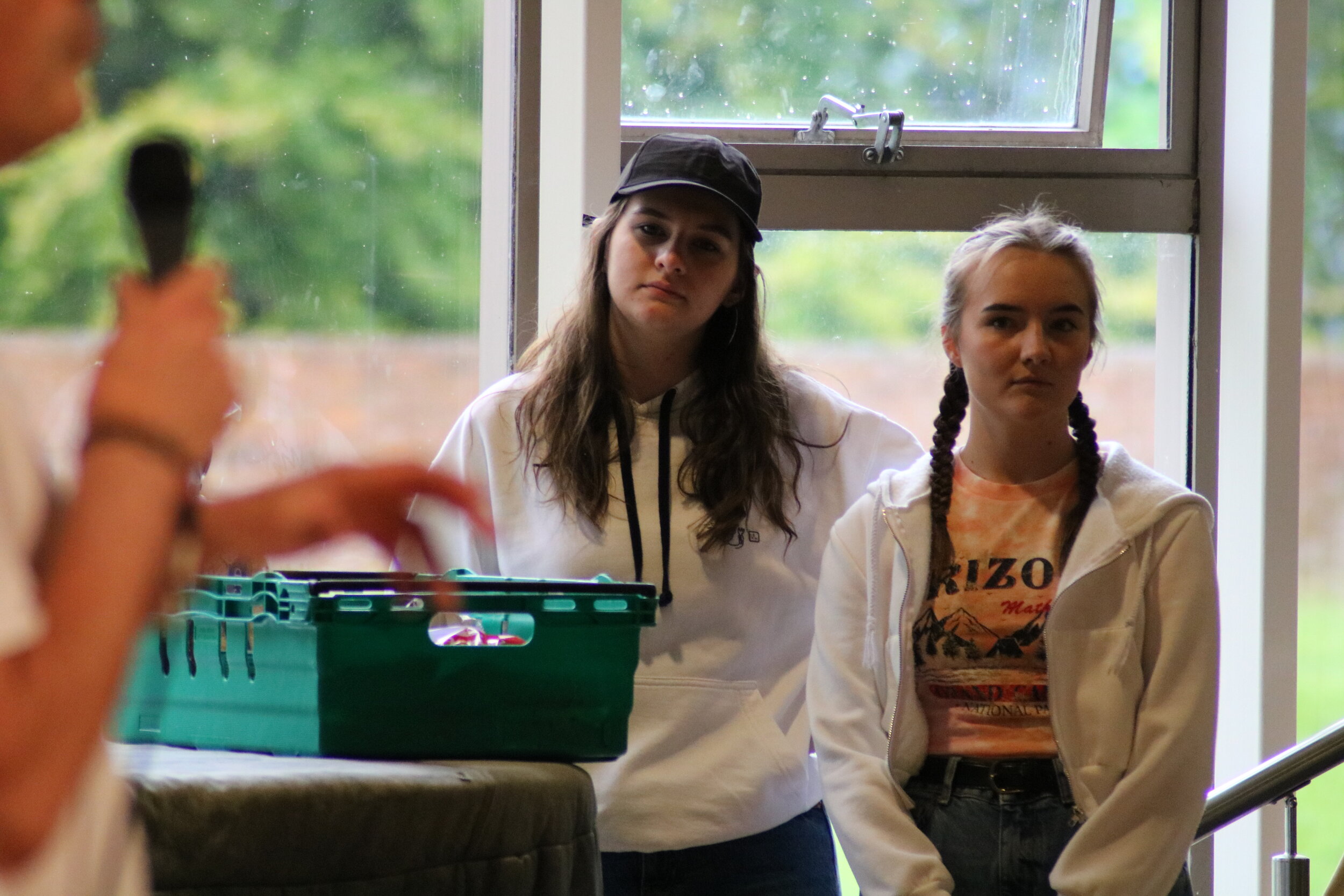
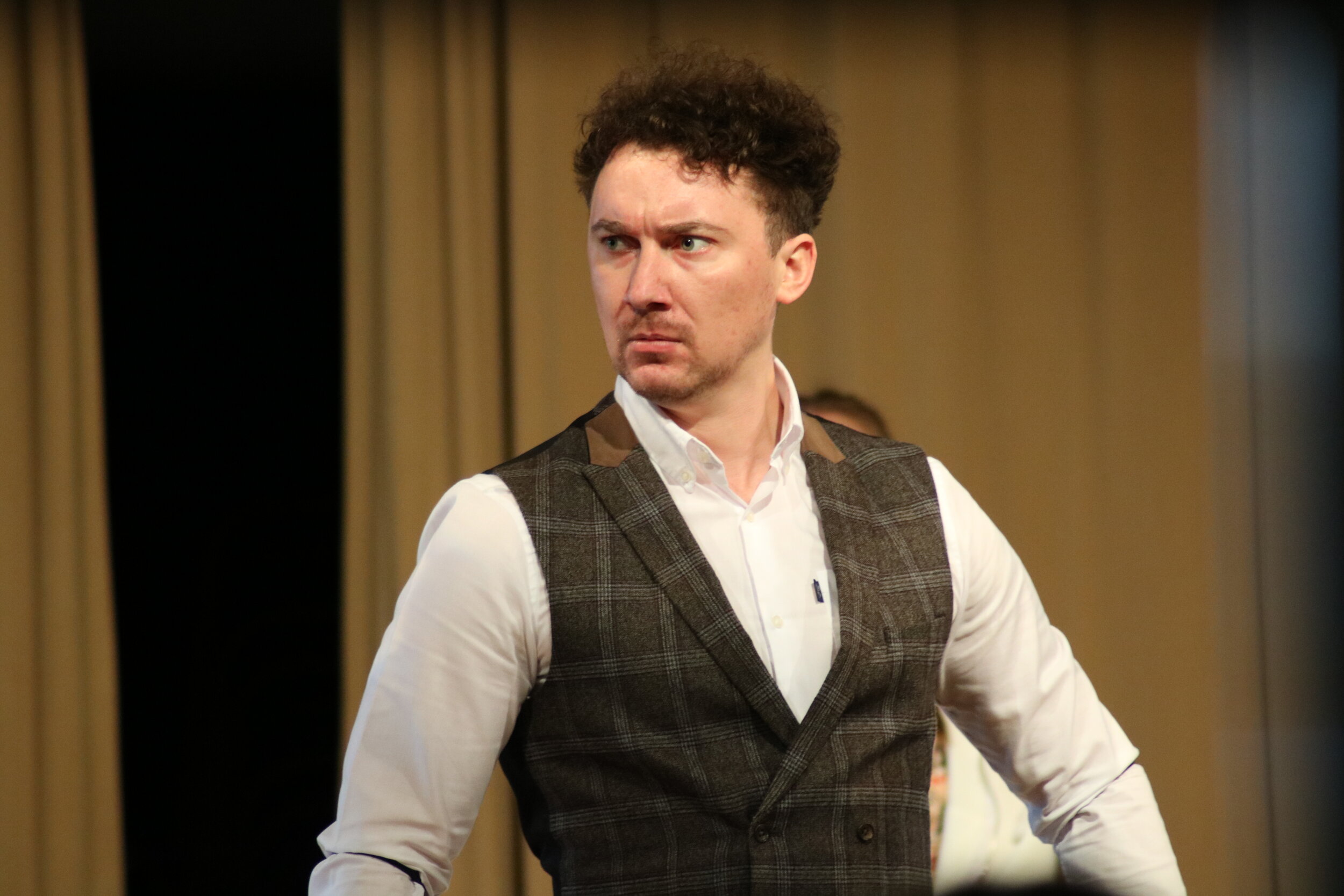
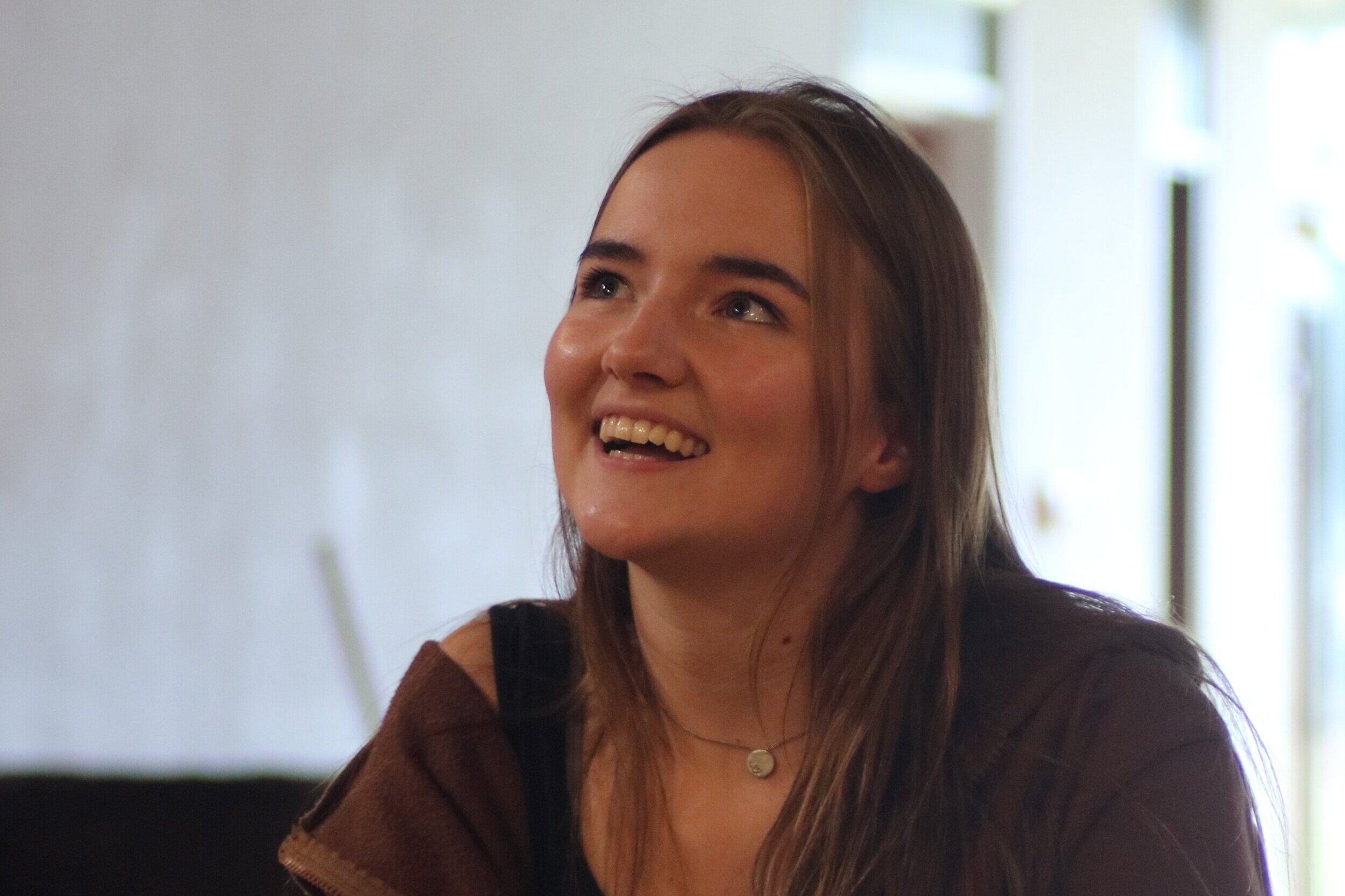
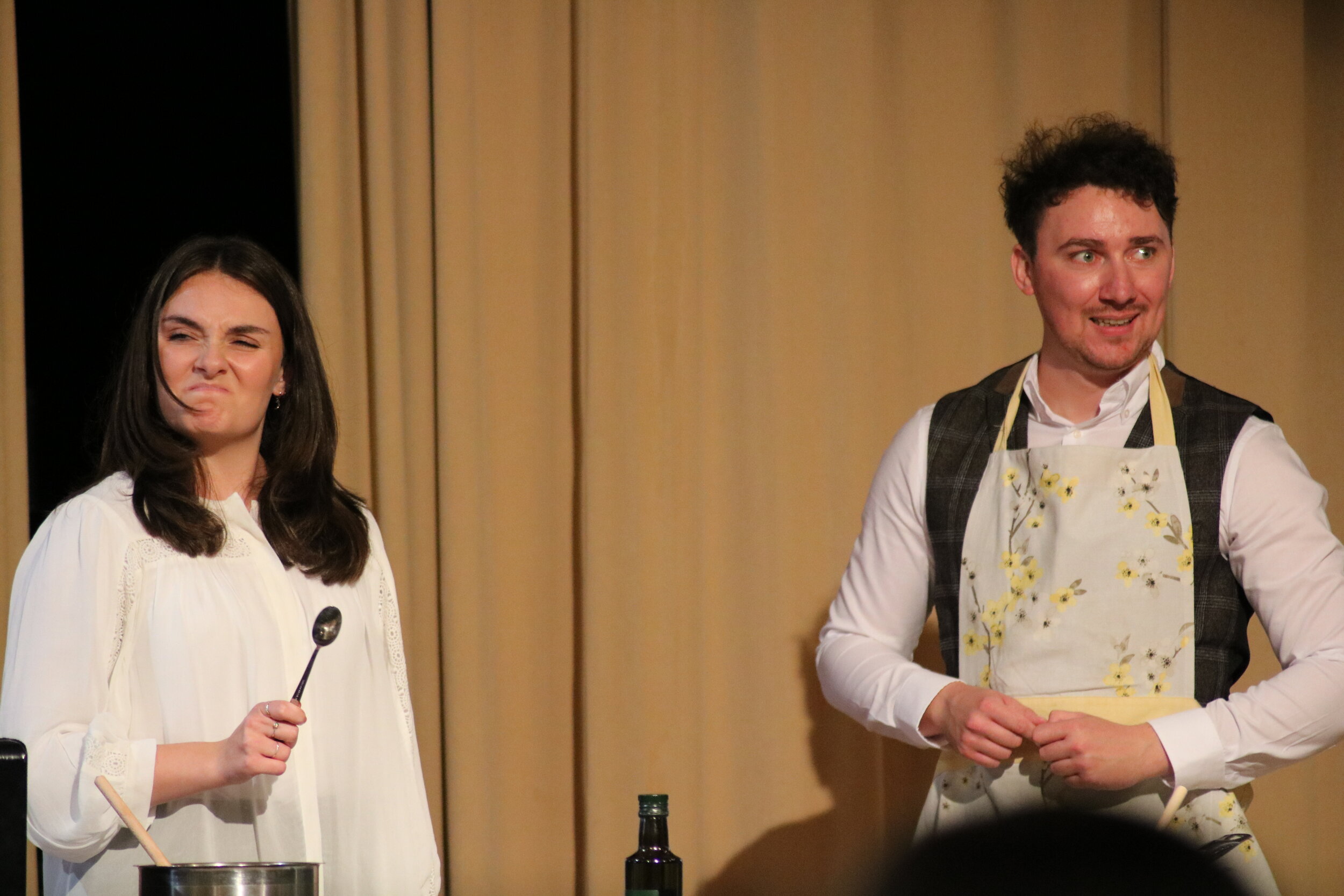
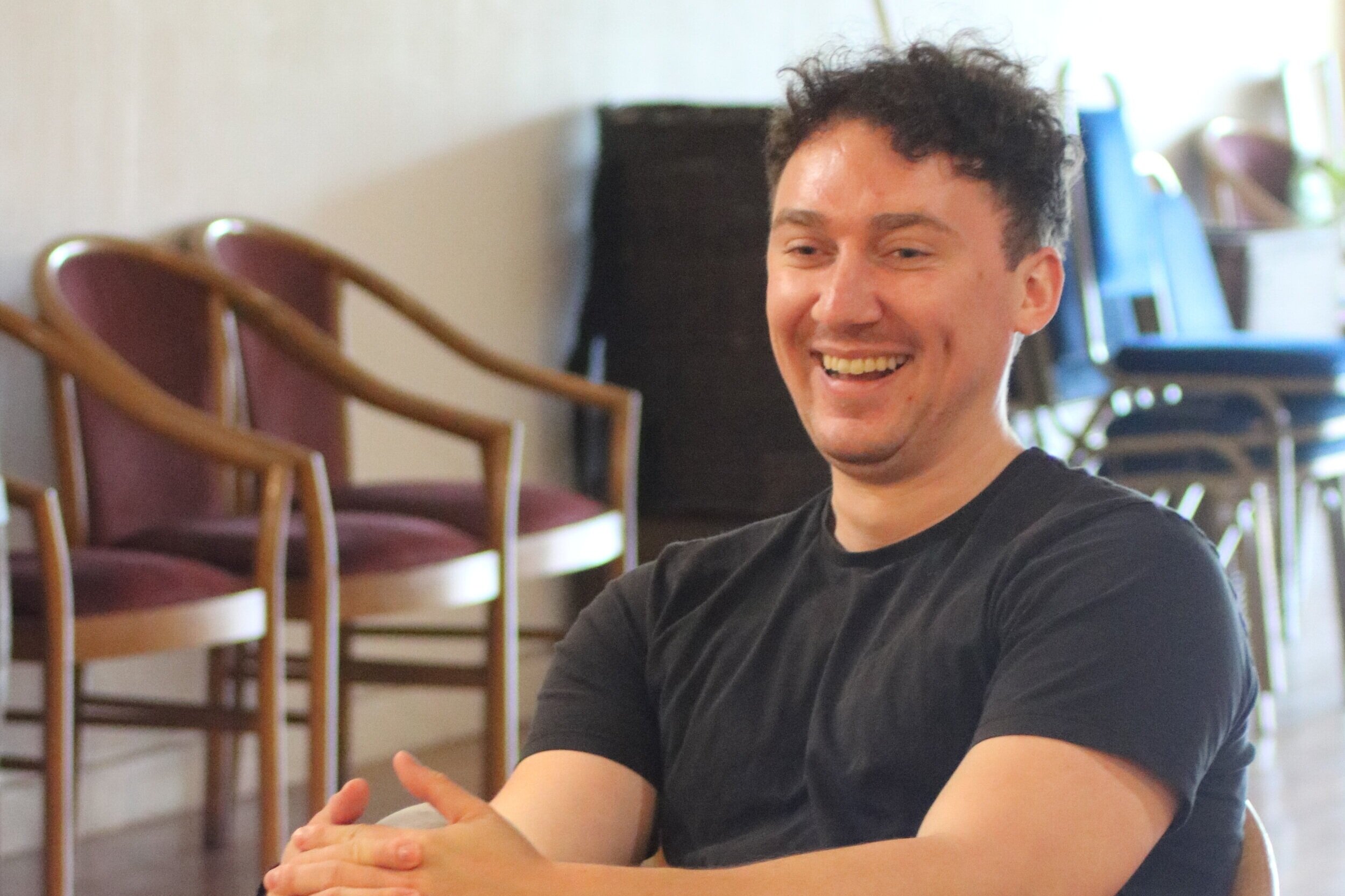
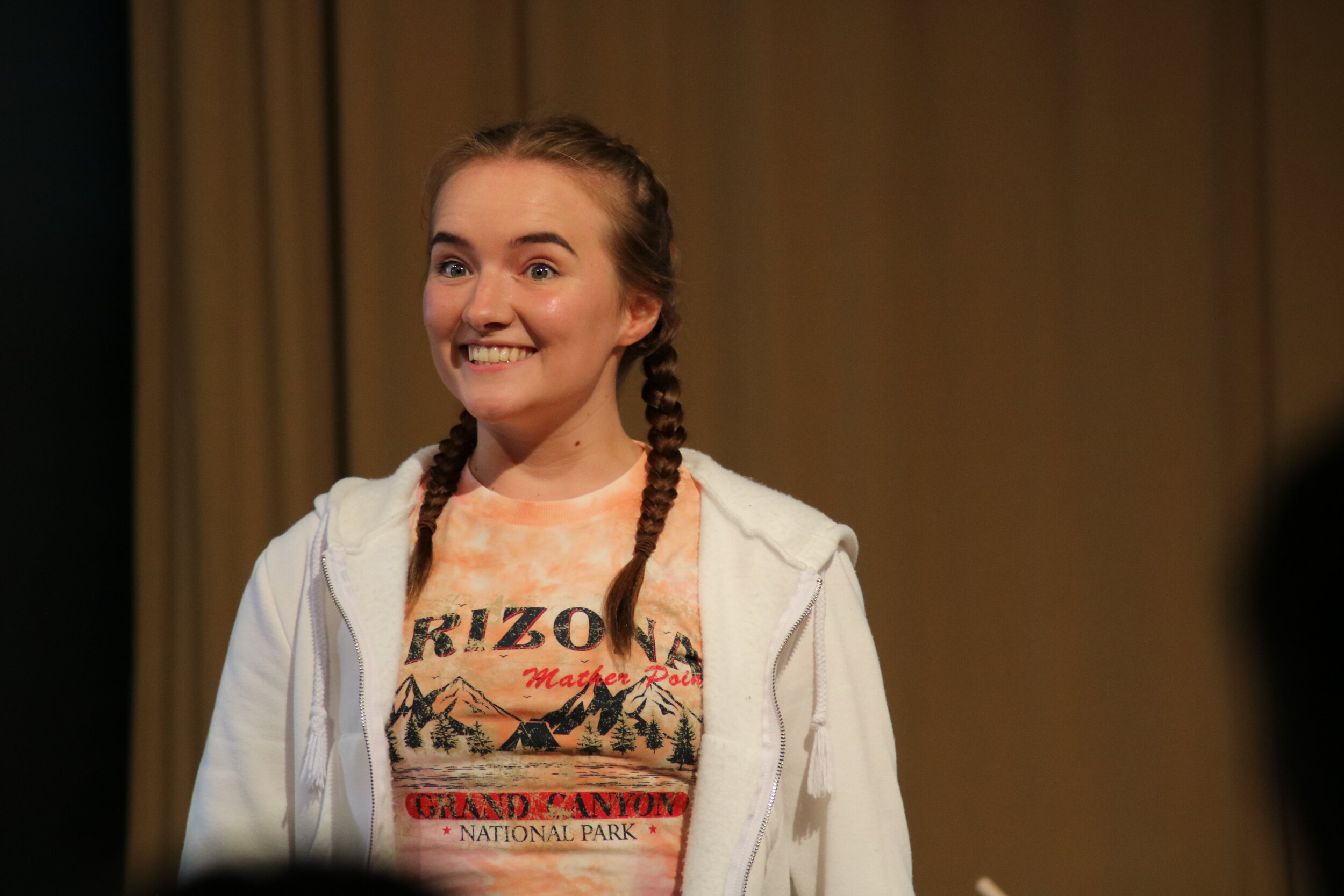

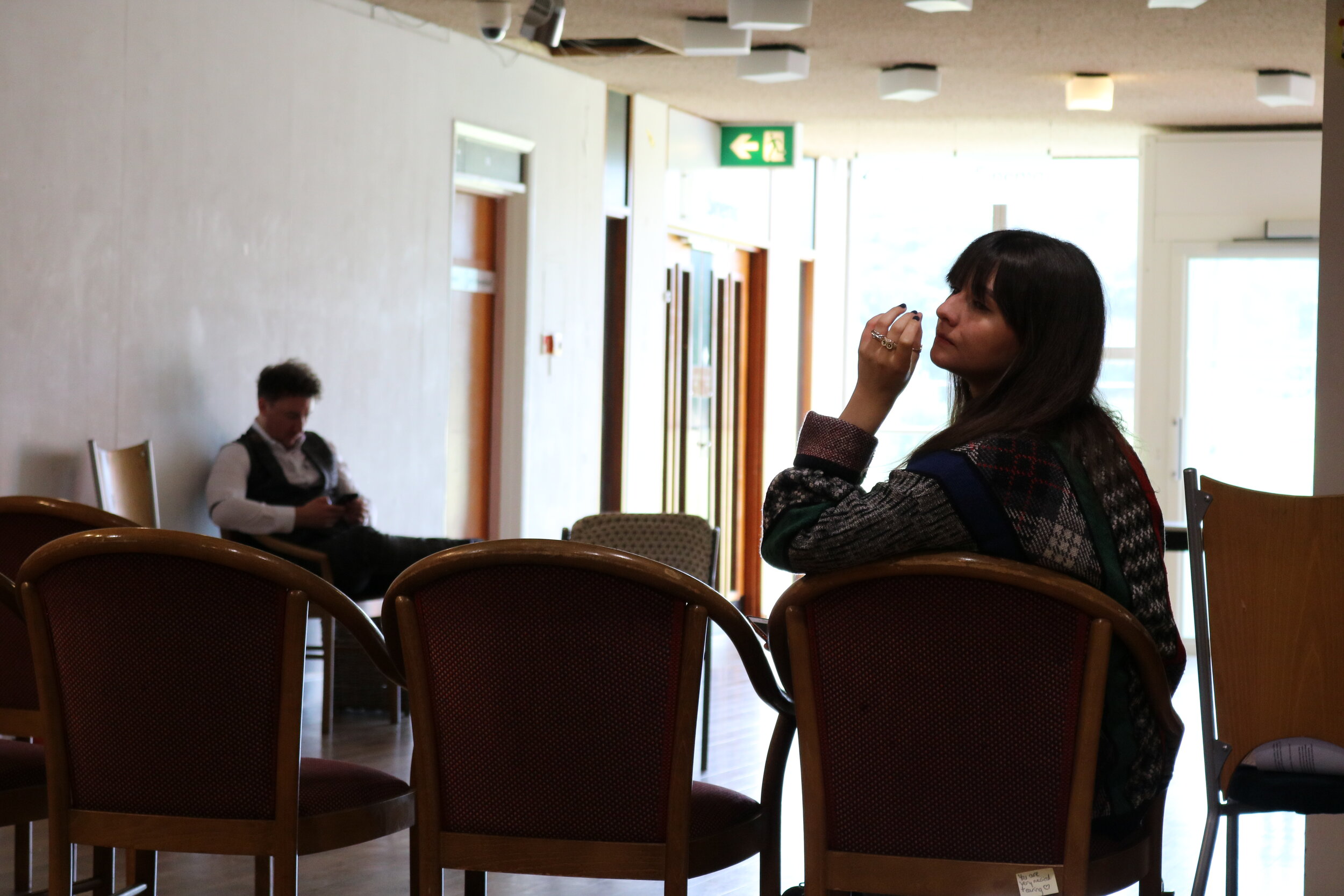
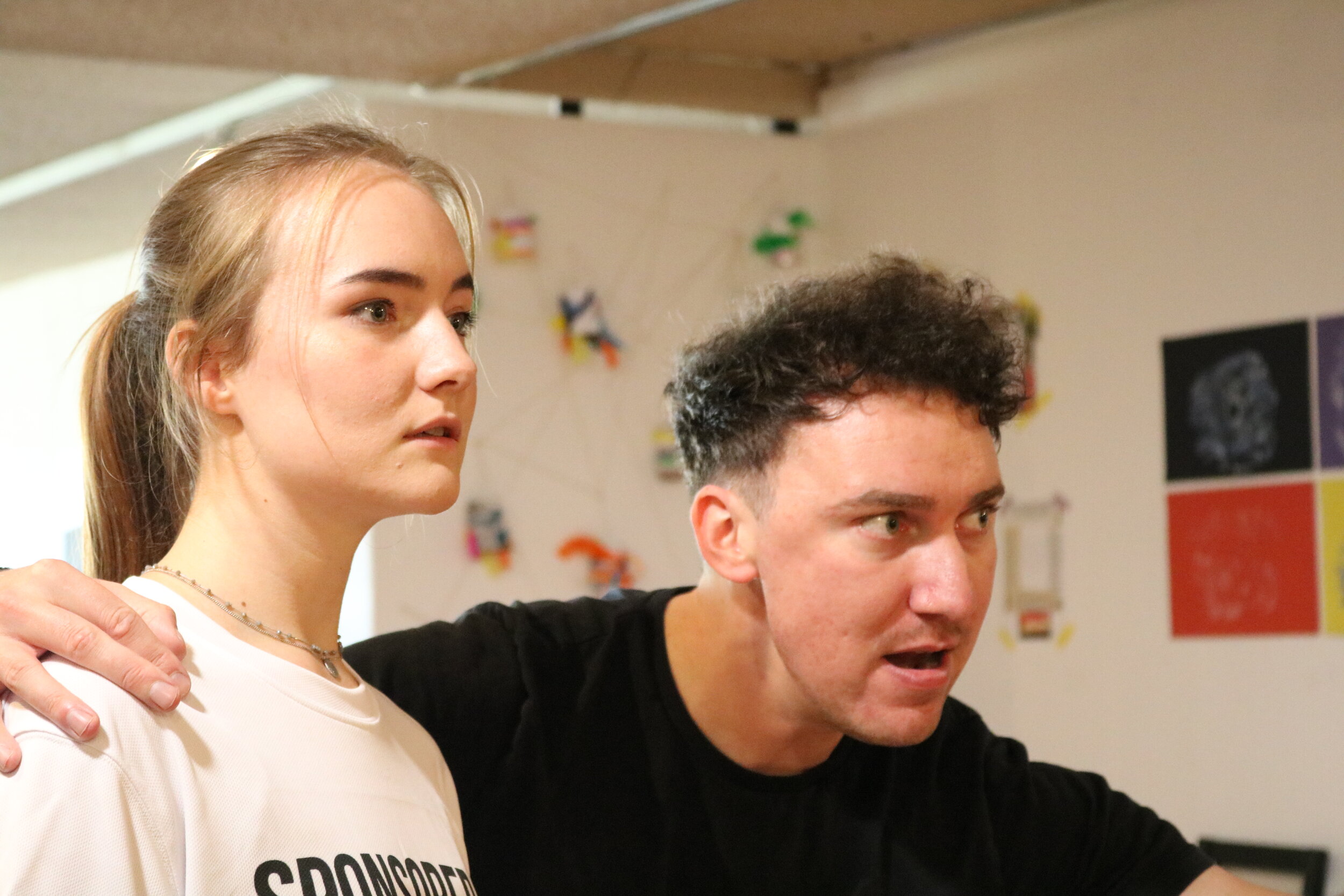
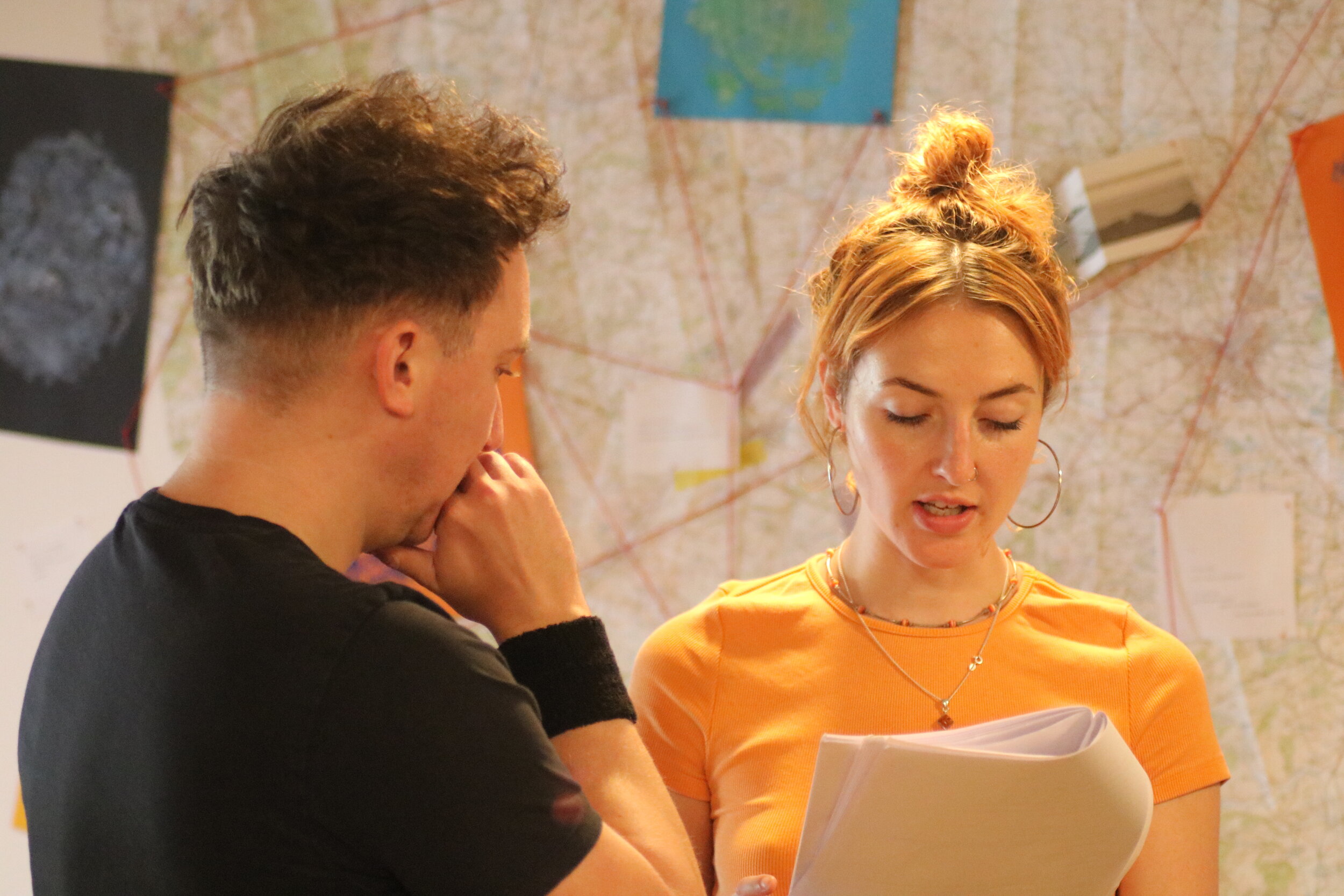
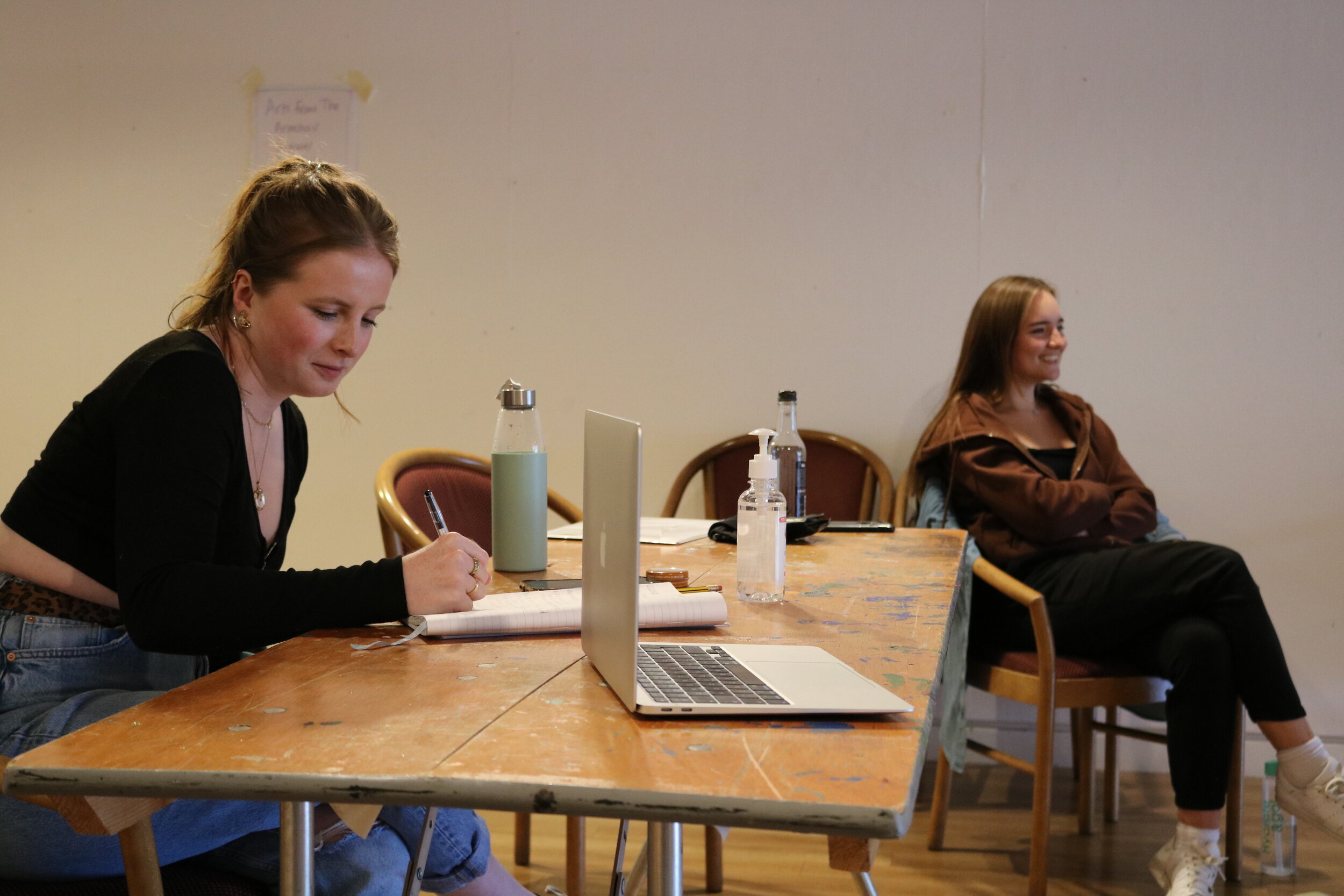
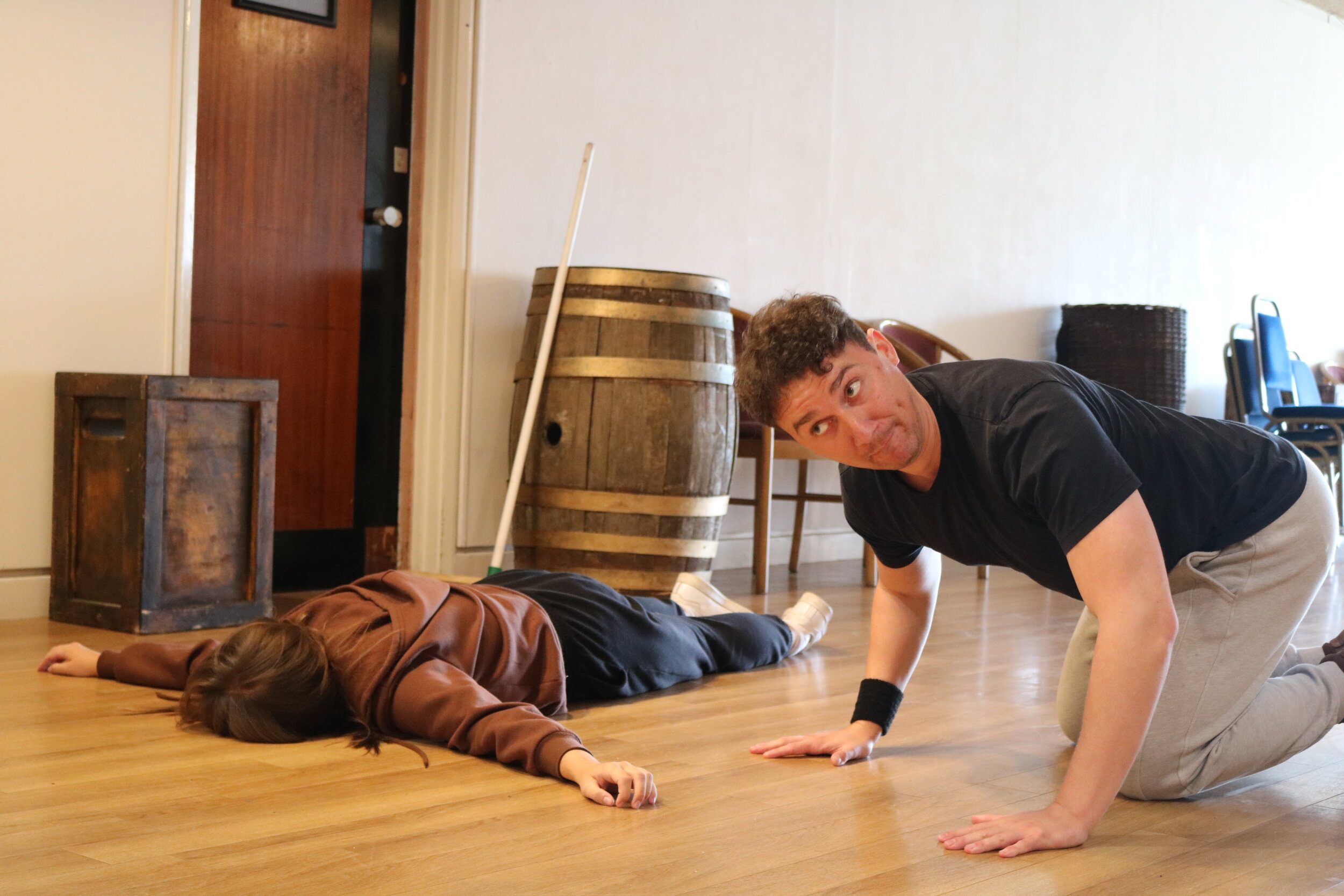

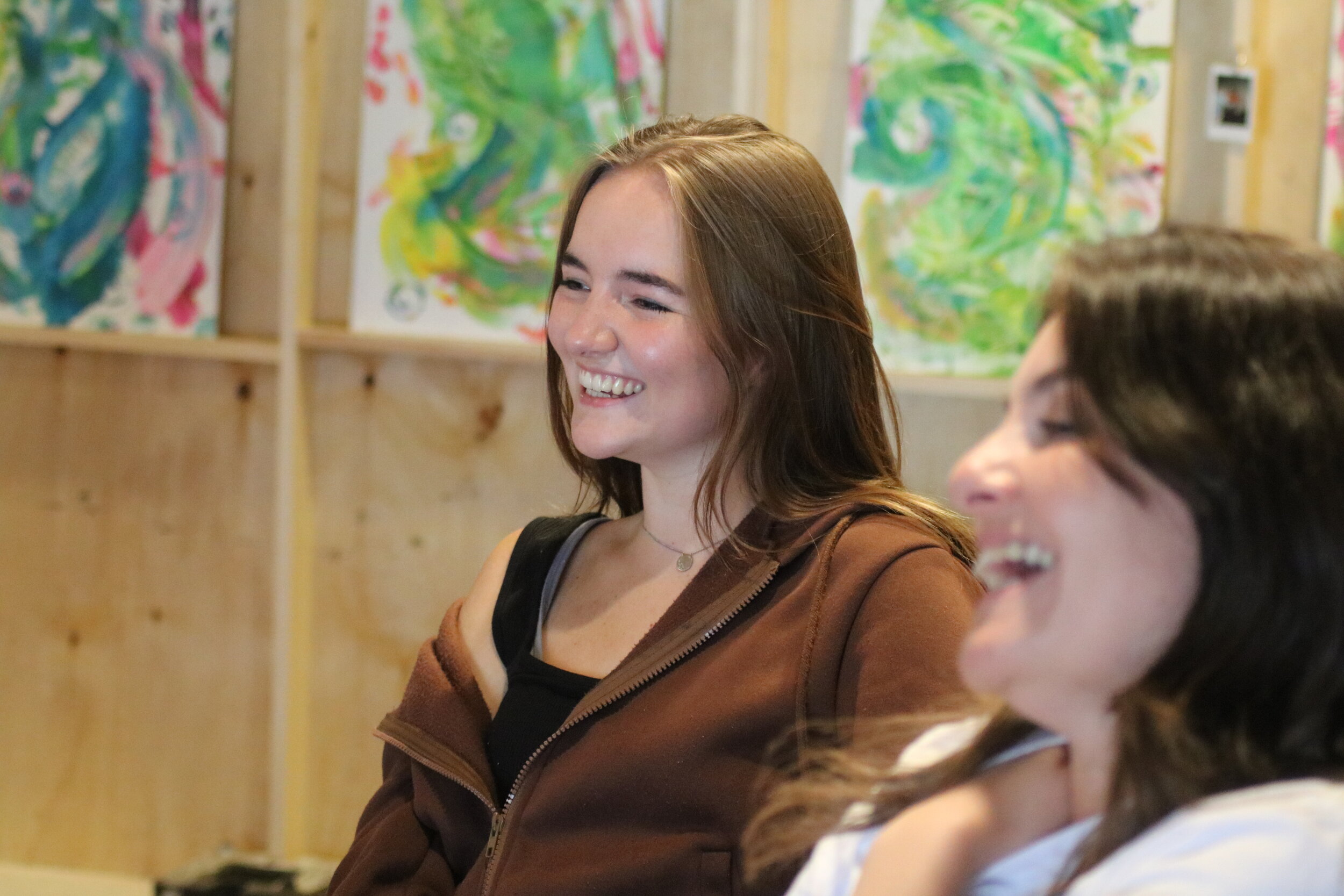

All photography by Charley Wiles (@wiles_photography2020)
And yet, ignoring the issue doesn’t make it disappear. Instead, it allows it to grow on the underbelly of society perpetually. Right now, in the wake of the COVID-19 pandemic, just in the Flintshire region of North Wales it is estimated that around 15,000 people struggle with access to food. That’s 15,000 people who cannot ensure for themselves a stable supply of one of the most important things we need to survive. We’re not talking about having access to a TV, or a car, or the latest music or fashion trends. We’re talking about food. And the more we’ve worked on this project, the more we’re learning that poverty, as an issue, is a thousand times messier than anyone not living in it could understand. It isn’t just a question of how much money you have in the bank; race, location, reputation, and even how many spare hours you have in your day can play a huge impact on how easy it for someone to avoid poverty, and an even larger impact on how easy it is to access aid once they find themselves in that situation. The worst bit about it? Nothing is going to change unless the national majority decides something should be done. We have to, collectively, begin to work for positive social good. That is where the arts come in. They have always been a staple of British culture, we pride ourselves on being pioneers of new thinking and new performance. In essence, it’s not that hard to persuade someone in the UK to want to go to the theatre. The idea of a big night out, of sitting in a darkened room and watching actors perform in front of you has mainstream appeal, and we can use that to influence mainstream thinking. Because, when we explore social issues onstage, whether they’re to do with race, disability, sexual orientation, gender identity, nationality, or poverty, what we do is provide people with a safe and secure way to relate to them. There’s no guilt. It’s not the same as seeing a homeless person on the street, or seeing an advert on TV that puts you face-to-face with a child dying because they have no access to clean water. Instead, you get to watch a made-up story (albeit inspired by real lives), full of made-up characters, which is performed by actors who, at the end of the show, change out of their costumes, put a decent paycheck in their back pocket and go home. It isn’t real, so it allows us to trick people into thinking about real issues. Because we aren’t blaming them. We aren’t making them feel guilty for not helping at that moment, all we’re asking them to do is start thinking about what they just watched. Some of those people may have the power (and the purse sizes) to help directly. Others might just tell their friends, who might watch that performance and tell friends, who will do the same over and over again until hundreds, if not thousands, of conversations have been sparked. And someone in that chain of conversation will have the power to help, whatever that might mean. The arts play a role in changing social discourse which then changes policy, and politics, until we have a society that works to protect and nurture more of its citizens.
I’m so incredibly honoured to be part of this collaboration with Well-Fed, and unbelievably excited to see where it goes next. If you’d have told me, months ago, that this would be Haywire’s trajectory for the next few months I likely would’ve thought you were making it up. But now I can’t imagine anything I’d rather the company was working towards. If you have any spare time in your day, look into Well-Fed, or any other like-minded charity in your area. They’re doing incredible things, and will continue to do incredible things regardless of whether or not any artists start to get involved. But it’s pretty likely they would benefit from you spreading the word to anyone you know, or helping in any way you can. There’s a pipe dream I have for a world that works for the benefit of all, but it won’t get there unless everybody starts trying. So give whatever you can, whether it’s money, time, or just conversation, or maybe find some artists you know and ask them to do the same. Maybe, I don’t know, keep an eye on our work, if that takes your fancy, because you can be sure we’ll be doing our part.
Lucy
